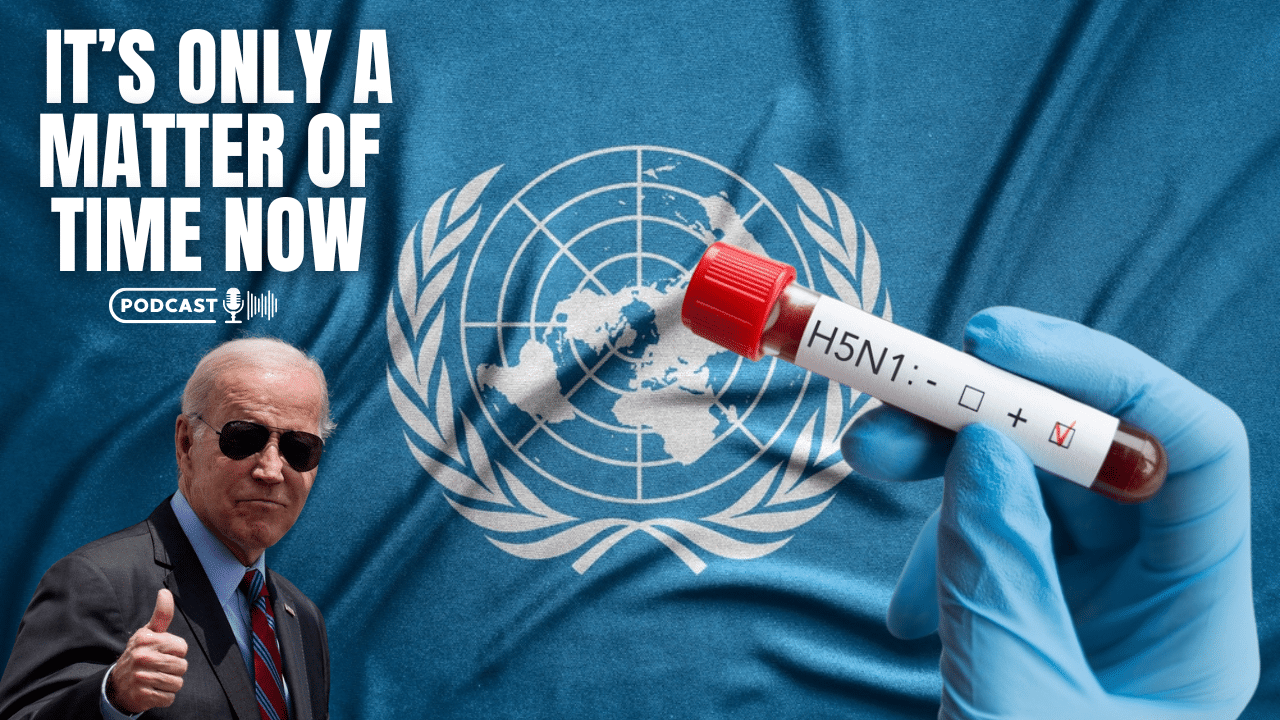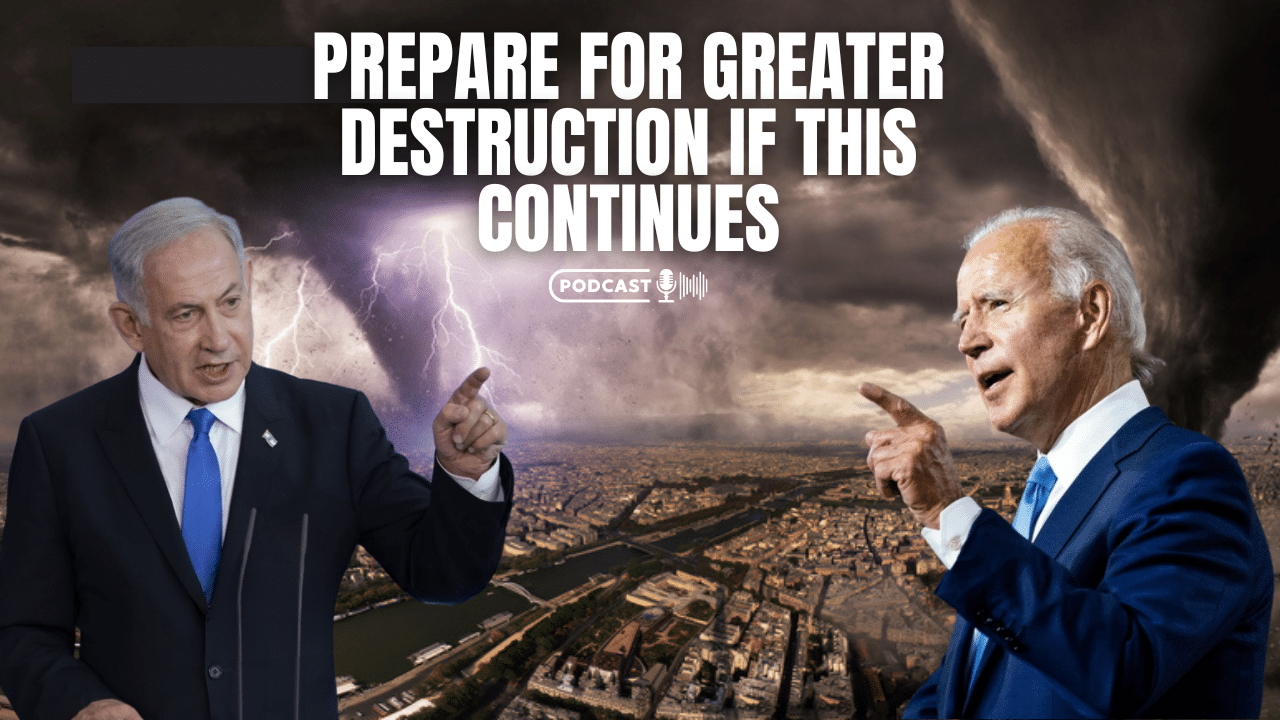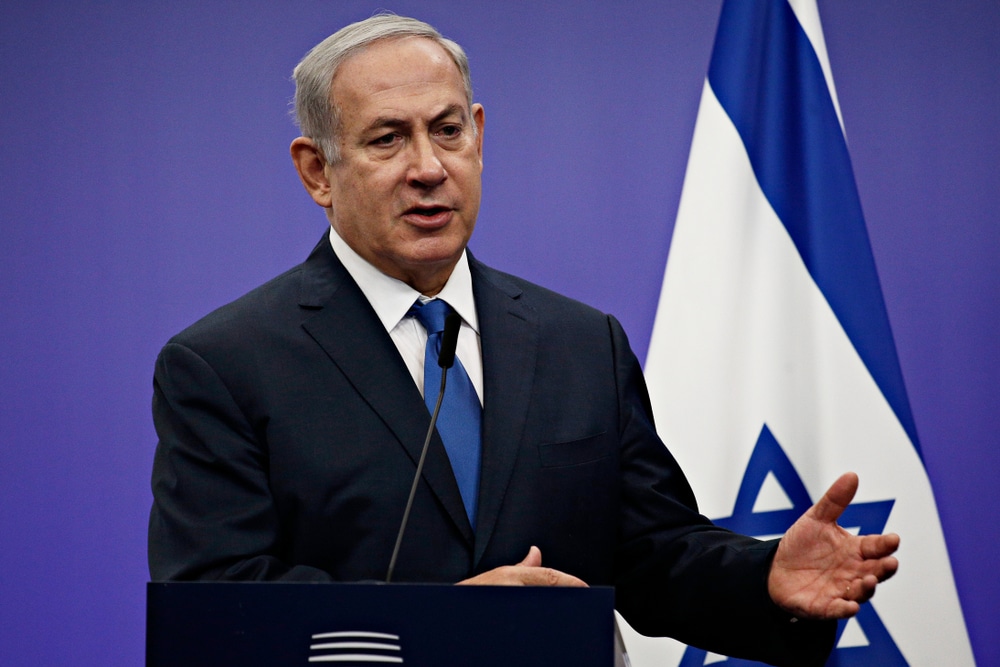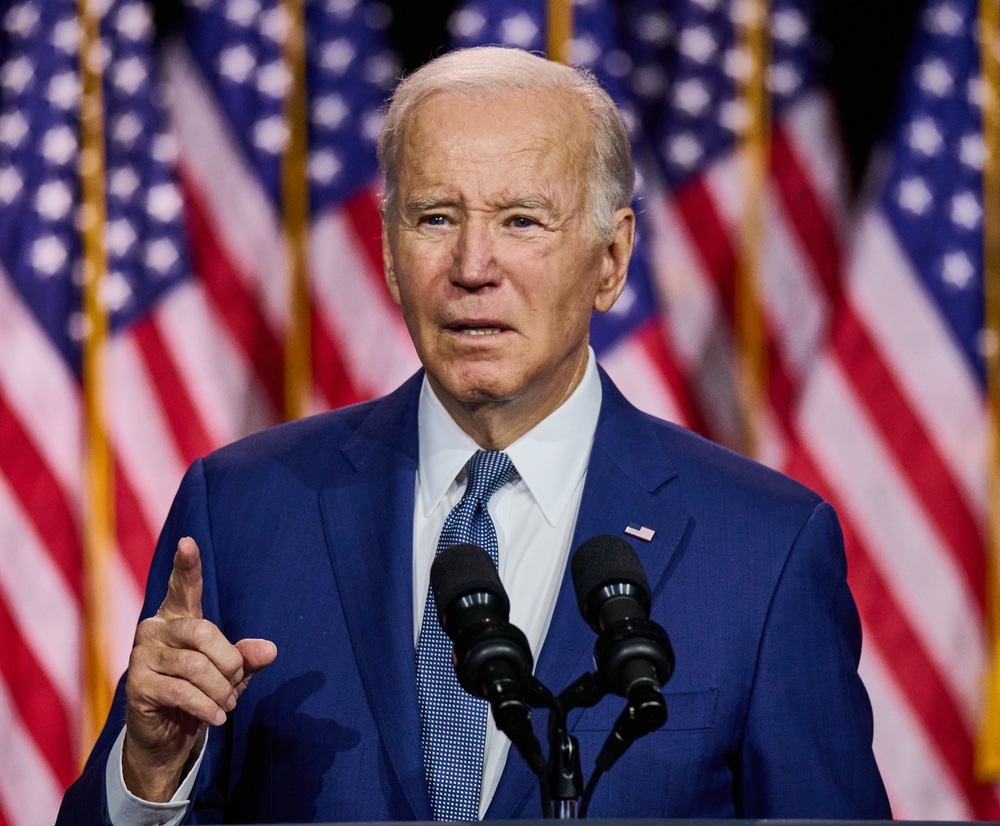(OPINION) Frameworks for control are being put up all over the world. Daisy wrote recently about the implementation of FedNow, a framework for ending financial freedom and privacy as we know it.
A few months ago, we wrote about the WHO’s Pandemic Treaty, which, if signed by all parties, will put in place a framework for global health mandates. And Europe will shortly begin enforcing its Digital Services Act, which will put in a framework for intense control of online speech.
When people see current systems failing, they are more likely to be open to bigger changes. As Daisy noted, when FedNow was announced in March, it came on the heels of multiple large bank failures.
Likewise, many people now recognize that the worldwide response to Covid was a total fiasco. The WHO is trying to use this as an excuse to centralize control. The causes behind both the bank failures and the events surrounding Covid are still highly debatable. People worldwide have been discussing these issues for years.
Europeans may lose their ability to even complain about current events. Europe’s Digital Services Act (DSA) is coming online this August. The DSA aims to curtail illegal online activity and restrict targeted advertising.
The largest companies, those with over 45 million European users, will face fines of up to 6% of their annual turnover if they fail to comply with the new rules.
They will have to be transparent about how they moderate content, advertise, and use algorithmic processes. Hosting services and domain registrars are now responsible for reporting criminal offenses to authorities and cooperating with national law enforcement.
Like many other laws, much of the Digital Services Act seems reasonable on the face. I don’t like targeted ads. I think it would be nice for people who have been de-platformed from social media to understand why.
However, the DSA also contains provisions for combating disinformation, which means that it can be used to police online speech.
Is this the first we’ve heard of something like this?
No, this isn’t much of a stretch. France has already threatened to kick out Twitter. A voluntary agreement had been put into place between Big Tech and the European Commission to help the largest tech companies comply with the Digital Services Act’s new obligations. Twitter had been on board at first, then backed out due to Elon Musk’s concerns regarding free speech.
Upon Twitter’s withdrawal, France’s Digital Minister Jean-Noël Barrot publicly stated, “Twitter, if it repeatedly doesn’t follow our rules, will be banned from the EU.” He also posted on Twitter, “Fighting disinformation will be legal”
In general, the DSA grants companies like Twitter a fair amount of leeway in what constitutes disinformation. However, it does contain a crisis mechanism that will grant the European Commission much more power to restrict speech in times of crisis.
In the law, “crisis” has been given the broad definition of extraordinary circumstances that can lead to a “serious threat to public security or public health.” This is a pretty broad definition, and its lack of specificity has already drawn the ire of civil rights groups.
And it doesn’t help that the EU has already shut down large media outlets without so much as a court order. After the Russian invasion of Ukraine in February 2022, the European Commission passed a series of measures aimed at curtailing the spread of Russia Times and Sputnik, both media outlets paid to propagandize for the Russian government.
Cable, satellite, IP-TV, internet service providers, and internet video-sharing platforms such as YouTube and TikTok all removed content within a short time period.
I don’t think Russia is totally innocent here, but that’s beside the point. My point is simply that the EU has already shown itself willing to shut down huge media outlets. In the same way that FedNow is putting in a framework for CBDCs, in the same way that the WHO is setting up a framework for worldwide health programs, the Digital Services Act is putting in a framework for widespread internet control within Europe.
And once it’s up and running there, who says this framework can’t spread? It’s easy to feel overwhelmed at the size and breadth of freedom-restricting frameworks being put into place.
Megalomaniacs have always dreamt of world domination; the only difference now is that our technology and global interconnectedness have made one-world government a real possibility.
The desire to centralize power has been around longer than the World Economic Forum. Read Carroll Quigley’s The Anglo-American Establishment and you’ll see, in letters written between British aristocrats a century ago, that this is not a new impulse. (READ MORE)
















